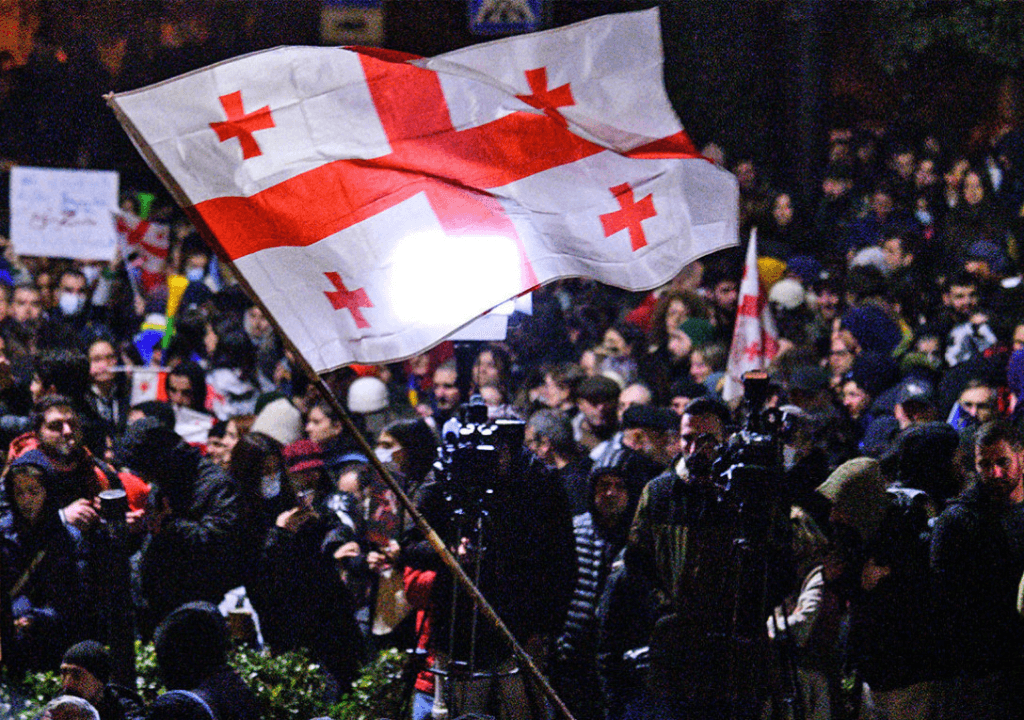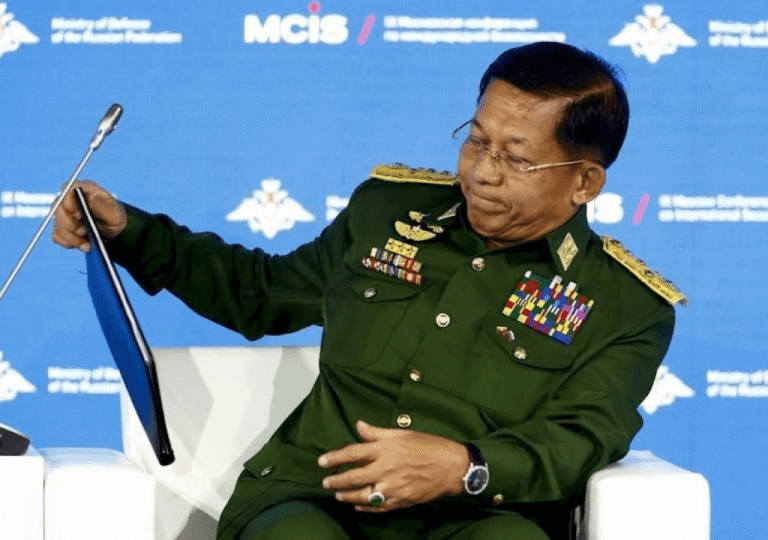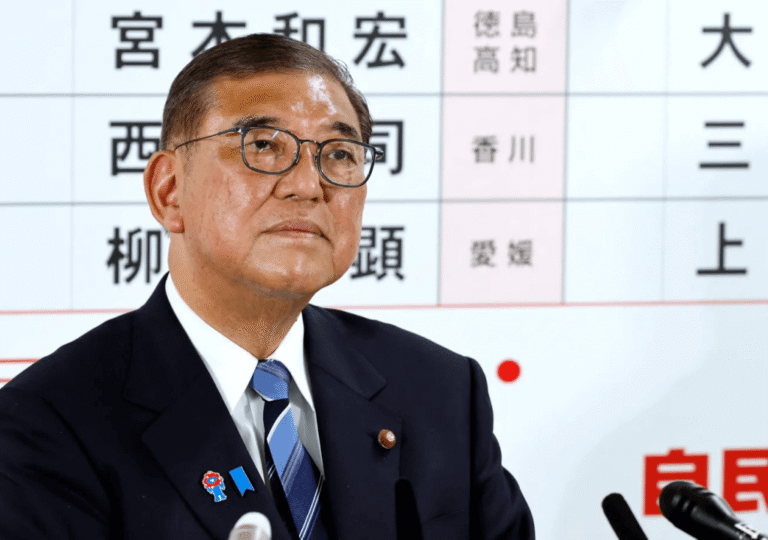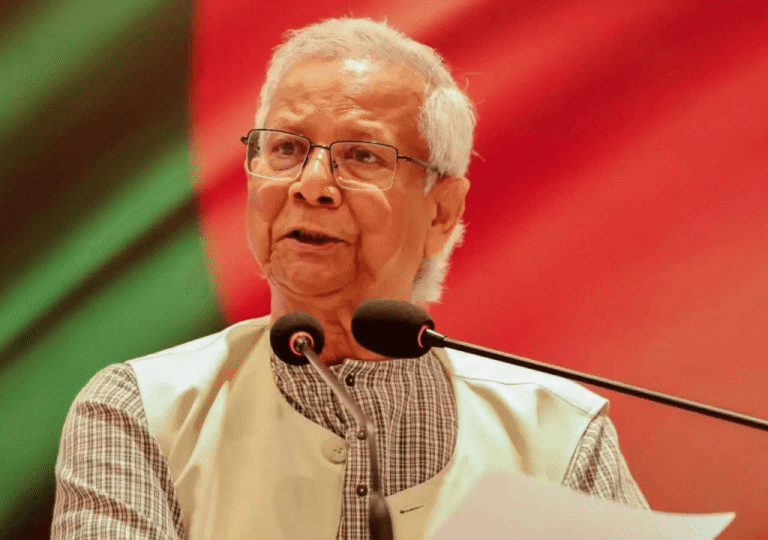Georgia, facing serious geopolitical tensions between Russia and the West, has chosen to support the ruling party, Georgian Dream, and its soft Euroscepticism in the parliamentary election held on October 26. This election and the subsequent incidents have attracted significant global media attention due to ongoing regional power struggles and large-scale participation in anti-government protests. The landslide victory of Georgian Dream is undeniably remarkable. The ruling Georgian Dream party, which has been in power since 2012, secured more than 50% of the vote and won 89 of the 150 parliamentary seats.
However, the opposition, along with Europe and the U.S., has rejected the results, calling the election illegitimate and fraudulent, and accusing the ruling party of malpractice. While these election results reflect a clear direction, pro-European sentiment dominates the capital, whereas residents in villages and smaller cities continue to support the conservative, Orthodox-aligned Georgian Dream party and maintain pro-Russian sentiments.
While the opposition takes a tougher stance after the disappointing election—such as boycotting the new parliament and receiving support from Western media—the published results feature a significant win for the Georgian Dream party under the leadership of newly appointed Prime Minister Irakli Kobakhidze. The party, which mimics Russian politics and caters to Orthodox interests, presents challenges for the country’s strategic direction as it drives its campaign. They have promised to fully pass the Protection of Family Values and Minors bill, which they previously initiated in the Georgian Parliament. The bill, intended to ban LGBT propaganda, has been justified by the ruling party as necessary to prevent the spread of pseudo-liberal ideology from outside Georgia.
Georgian Dream accuses the opposition of being puppets of the West. They frame the opposition within a narrative of war versus peace, traditional values versus moral degradation, and subservience to external powers versus an independent and sovereign state. The Georgian Dream party pledged to ban the former ruling United National Movement party upon winning office, accusing it of various crimes against the Georgian people during its rule, including pushing Georgia into war with Russia in 2008 and attempting to embroil Georgia in a second front of the Russo-Ukrainian War. A narrative Europe doesn’t like and Russia loves.
While the opposition accuses the election and its results of being unfair, there were a lot of setbacks on their side as well. First of all, they were largely split and could not initiate a common drive, and they were poorly connected to rural areas. The opposition coalition, such as Unity – National Movement (U-NM), comprising the United National Movement, Strategy Agmashenebeli, and European Georgia, and the Coalition for Change (CC), which includes Ahali, Girchi – More Freedom, Droa, the Republican Party, For Georgia (FG), and Strong Georgia (SG)—all advocating for pro-Europeanism—could not agree on a common minimum program before the election. The split vote and changing coalition instabilities rewarded victory for the ruling Georgian Dream alliance.
In the capital, Georgian Dream received 42% of the vote, while the four major opposition coalitions combined received 46%, plus an additional 5.3% from the libertarian Girchi party. This split indicates that the opposition, despite having a clear upper hand, failed to capitalize on their support. According to the current results, the Coalition for Change (CC) came in second, increasing their 2020 election tally from 2 to 19 seats. Unity – National Movement suffered a significant loss, dropping almost 23 seats to reach a total of 16. The Strong Georgia alliance came fourth with 14 seats, while Gakharia For Georgia secured fifth place, winning 12 seats in their first election. All other parties and alliances that had representation in the previous parliament, such as the Georgian Labour Party, lost their representation entirely.
The future of Georgia looks troubled, particularly after the parliamentary election. The country is deeply divided between conservatives with Orthodox foundations and strong connections to Russia, and Europhiles who are deeply irritated by the ruling party’s Rusophilia. The country will witness more protests against the government, at least in Tbilisi. The choice of the Georgian Dream party will align the country with Russia’s orbit and free it from further trouble with the Kremlin. Georgia appears to benefit from the Russia-Ukraine war, as capital and manpower flow from Russia. It seems that the government and businesses in the country are choosing to capitalize on this opportunity, and the divided opposition is certainly helping the government achieve this.








